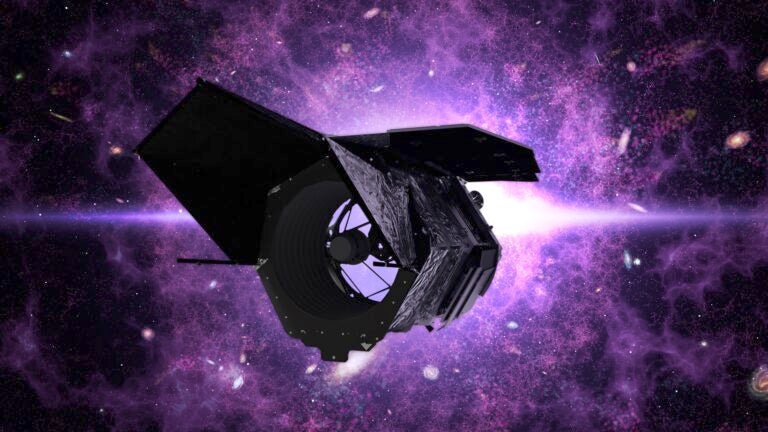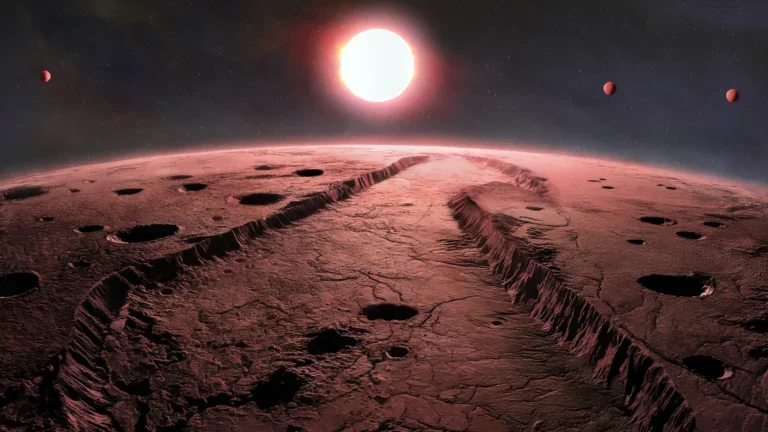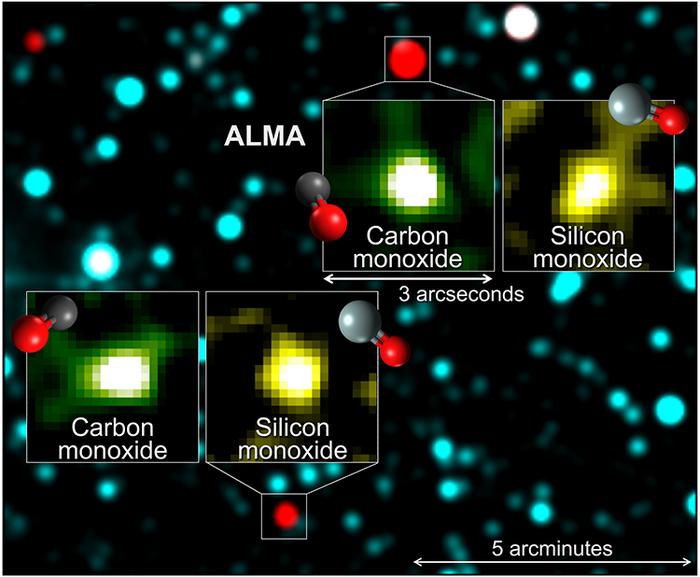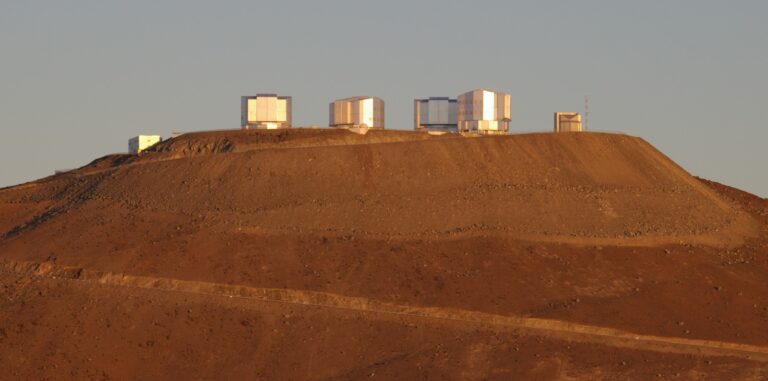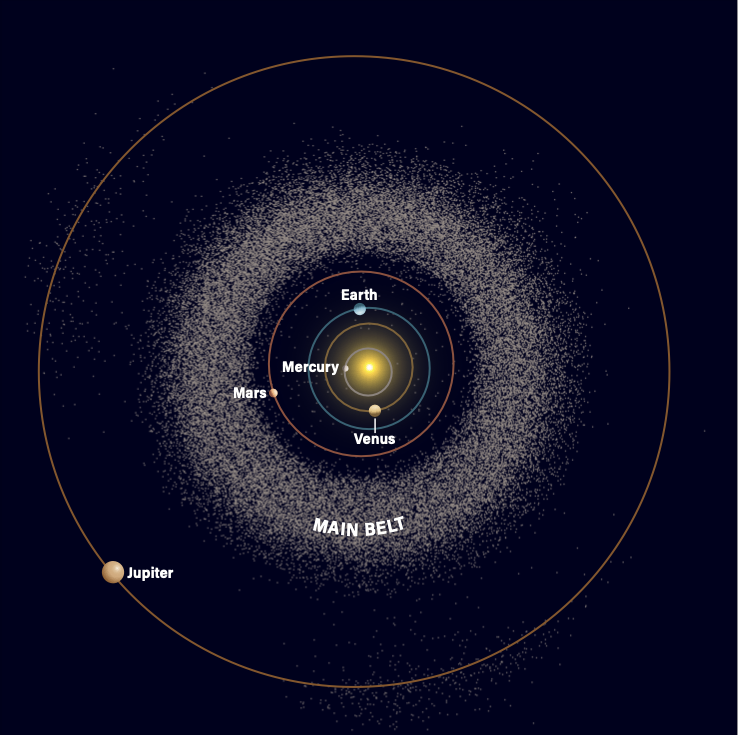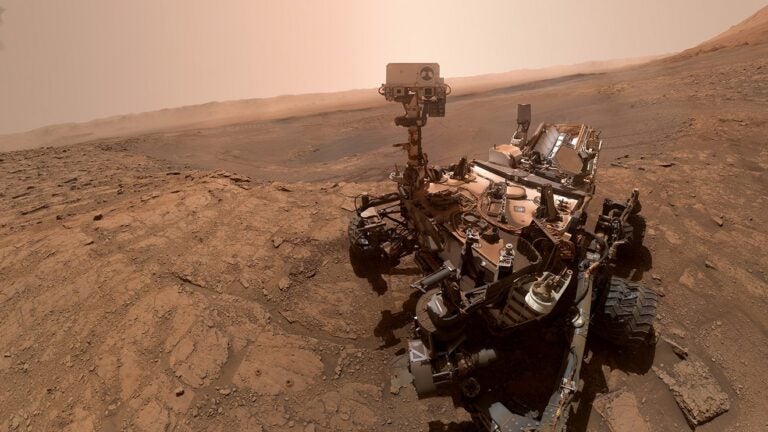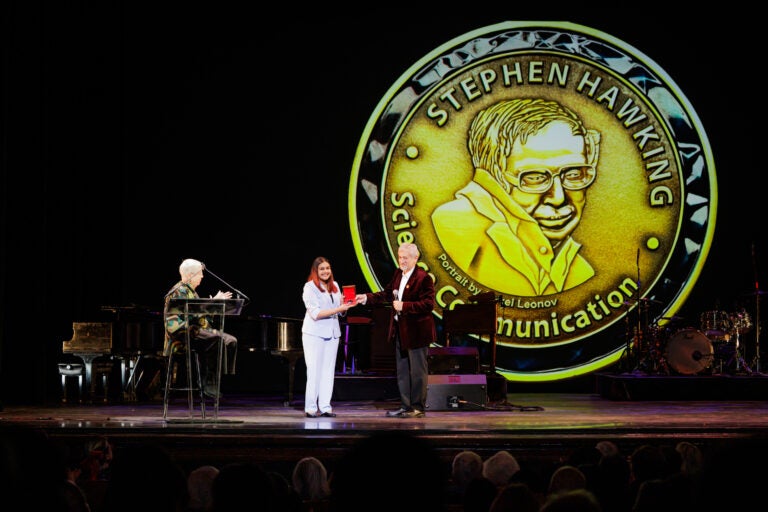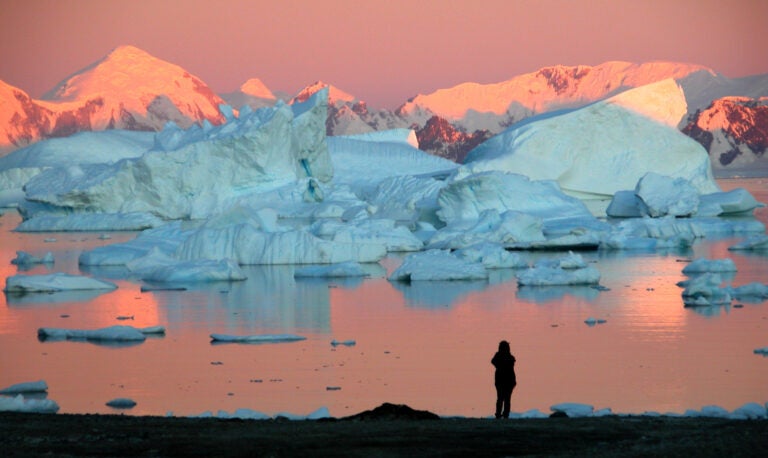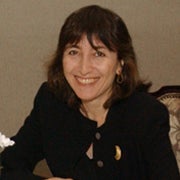
Astronomer Wendy Freedman works on the forefront of observational cosmology: the use of telescopes and other instruments to study the origin, structure, evolution, and fate of the universe. Born in 1957, Freedman is a native of Toronto, Canada. She received her Ph.D. in astronomy and astrophysics from the University of Toronto. In 1984, she joined the Carnegie Observatories in Pasadena, California, as a postdoctoral researcher. A permanent staff position followed in 1987. And in 2003, Freedman became director of Carnegie Observatories.
As a member of the Hubble Space Telescope Key Project on the Extragalactic Distance Scale, Freedman helped to determine the Hubble constant – the universe’s rate of expansion – to unprecedented accuracy. She has received many honors and awards for her research and dedication to advancing astronomy.
As a leader and participant in the Carnegie Supernova Project (CSP), Freedman remains on the leading edge of observational cosmology. The CSP is collecting data on supernovae (exploding stars) to further our understanding of dark energy, the mysterious force apparently boosting the universe’s expansion rate.
I asked Freedman to explain the evidence for dark energy and how Carnegie’s supernova survey will help us understand it better. Here’s what she had to say.

